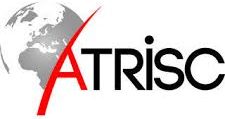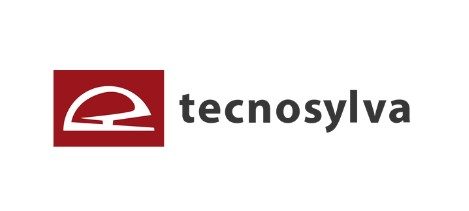Wildland-Urban Interface Fire Intelligence

Domain #2
Disaster resilience
Challenge 2.1. Optimisation of prediction of disaster
![]()
Prototype
![]()
Open Call #2 laureate
Description of the project
The exposure and vulnerability of communities at the wildland-urban interface (WUI) is increasing as we see a significant rise in adverse weather conditions and wildfire activity. Communities and built areas in these zones where human activity and wild vegetation intermingle face a greater risk of being negatively impacted by fire events.
WUI-Secure will be an effective modelling tool that incorporates both wildfire propagation modelling with building vulnerability and risk assessment. This tool, based on expert knowledge, will integrate information on wildlife behaviour and WUI vulnerability to identify the most-vulnerable zones and at-risk assets of a community at the time of a wildfire event. It will provide valuable information for fire services, first responders, industry, and other key decision makers, as well as encourage better protective and preventative action from local authorities and community members.
Mid-term project update
At the project midterm stage, WUI-Secure is advancing well into the development stage of the prototype components. In the first half of the project, our team worked to define the main needs of the intended users of our tool and how the components of the WUI-Secure prototype will address and visualize these needs in an easy and effective manner.
Our team has been working on the creation of the Building Structural Vulnerability Index—an index that evaluates the vulnerability of buildings at the wildland-urban interface in terms of their structural and surrounding elements—and preparing for its validation. The next steps for our project include the creation of the prototype platform, the integration of the index with wildfire model simulations, and the final implementation of both the building vulnerability and fire behaviour modelling into an intuitive and useful tool—the WUI-Secure software prototype.

Final project update
As the SecurIT project draws to a close, the WUI-Secure project has finalized the creation of its prototype tool that combines the project’s two main modules: (1) Wildfire Modelling and (2) Vulnerability Assessment. The WUI-Secure tool is a fully functional tool that allows users to visualize the vulnerability of urban structures at the Wildland-Urban Interface using the building vulnerability index and identifying their susceptibility and risk with regards to different possible wildfire scenarios.
The second half of the project allowed our team to create a desktop version of the platform to include innovative wildfire modelling technology and the Building Structural Vulnerability Index (BSVI)—created to assess the vulnerability of individual structures in terms of their structural characteristics and surroundings.
The tool was successfully tested and validated using two case study scenarios in Catalonia, Spain, and Pyrenees-Orientales, France. It was presented to several key actors including researchers, local fire service, local and regional government members, among many others. The WUI-Secure modelling tool in its prototype stage and in its future iterations will be a valuable tool that has proven its potential use in various applications and at different scales.









